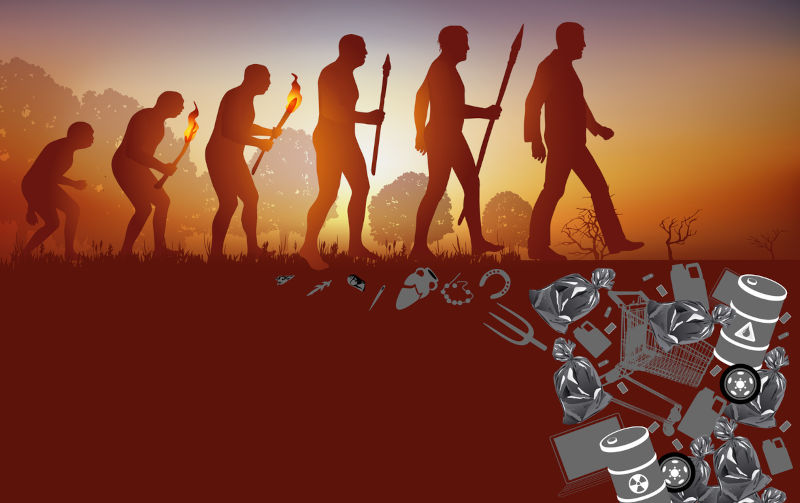The threat to survival of our human species is now desperately serious
June 6, 2025
It is now, nearly three years, since I published an opinion piece in a number of Australian newspapers, entitled; “ Human Extinction isn’t Inevitable, Yet…”
But now, human extinction has moved closer to inevitability. No government on Earth is taking the multifaceted challenge to human survival seriously, and without a profound change in direction globally, our progeny are increasingly doomed.
Our recently re-elected prime minister of Australia, with his handsome majority, is now ideally placed, to take a global lead on this matter.
The Council for the Human Future is a Canberra-based body that is co-led by former politician, John Hewson, and science writer, Julian Cribb. It has been working on this problem for several years. Cribb has published a series of books with Cambridge University Press on the topic, including his 2023 book, that is entitled “ _How to Fix a Broken Planet_”.
The ten interacting catastrophic threats that are coming at us together, include:
- Climate Change.
- Depletion of essential resources.
- Destruction and extinction of other species.
- Uncontrolled proliferation of technology including artificial intelligence.
- Widespread chemical poisoning.
- Weapons of mass destruction including nuclear weapons.
- Pandemics of new and well-known diseases.
- Insecurity of food supplies.
- Excess human numbers.
- Widespread misinformation and denial that the threats are as serious as they are.
In July 2024, the CHF combined with the Club of Rome, to convene an online global meeting of 25 world leaders, who issued a “World Call to Action” on the multiple crises now enfolding humanity. The statement by the participants, began by arguing that humanity is facing its greatest emergency, a crisis consisting of many interlinked catastrophic risks. They said the crisis is vast, complex and interconnected. It will affect everyone on earth, for generations to come. And there is at present, no plan of action to resolve it; not even a concerted effort to develop one.
The group found that global awareness of the true nature and extend of our jeopardy is alarmingly low and that there is a great deal that can practically and inexpensively be done to mitigate or avert the multiple crisis now engulfing us. The group supported the idea of an “Earth System Treaty” as a first step in a pathway to tackle the crisis. It concluded that fresh hope, positivity, well-being and inspiration are all to be gathered from working together to restore our world. It argued that there needs to be urgent, worldwide agreement-both among leaders and at the grassroots citizen level-to take real action to save ourselves and our grandchildren on a habitable earth. The idea of such a treaty is well developed in “How to Fix a Broken Planet.” I have so far, unsuccessfully nominated Julian Cribb to be Australian of The Year, and will be trying again this year. From such a post, he could play an important role in helping Australia to be a leading player in the survival challenge.
Over to you Mr Albanese!
The views expressed in this article may or may not reflect those of Pearls and Irritations.


